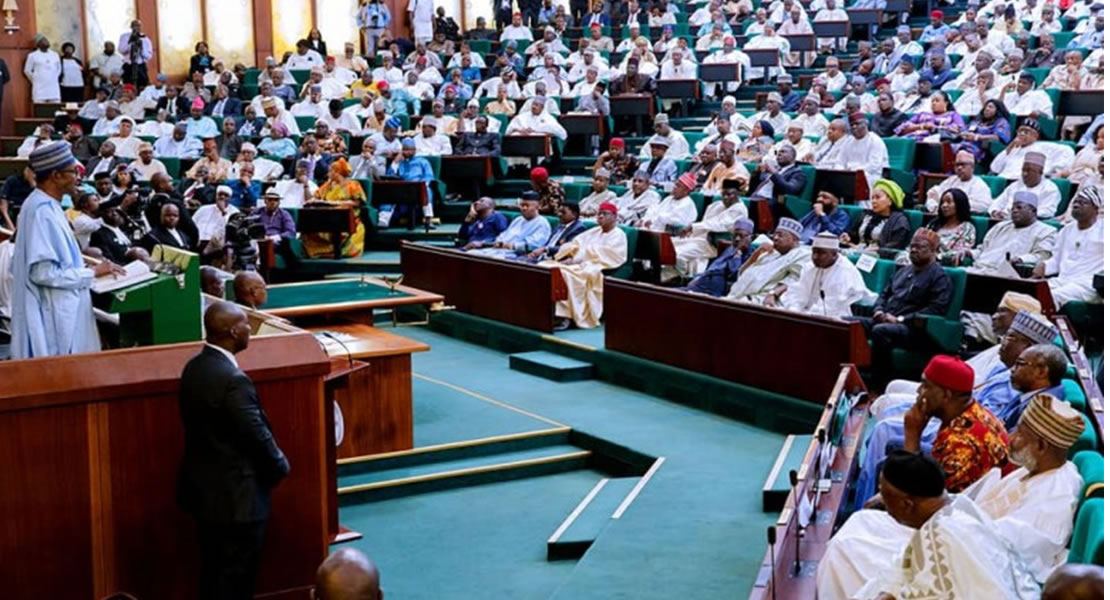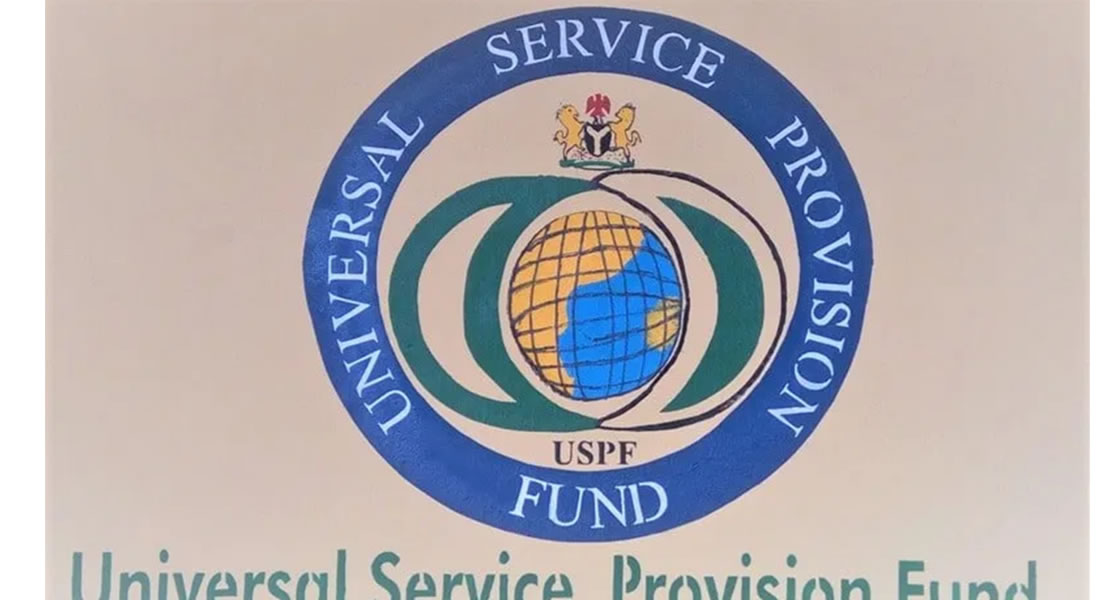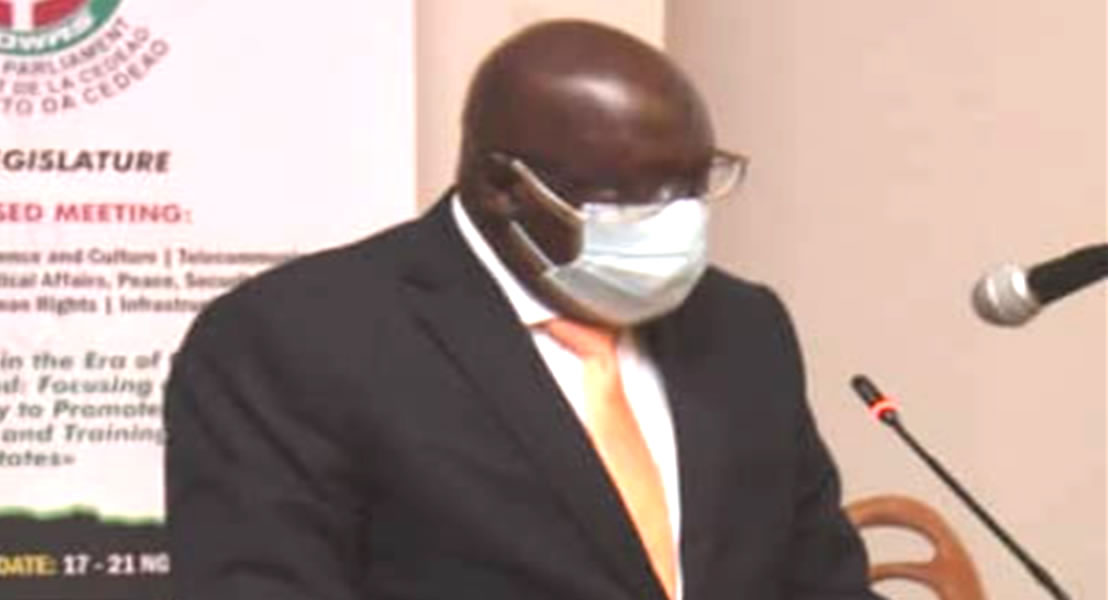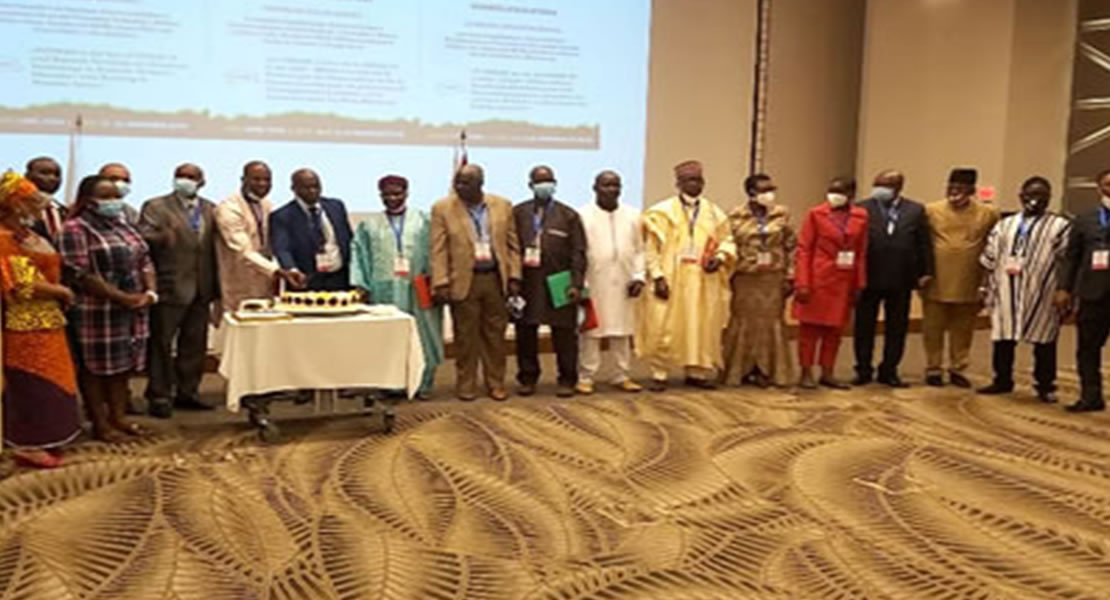Biodun Olujimi has called on the Federal Government to utilize the Universal Service Provision Fund (USPF) to fund Information Communication Technology (ICT) needed to run the education sector amid COVID-19 disruptions.
She called on other ECOWAS member states to also push for the utilization of the fund in their respective countries.
The lawmaker, who is part of the Joint Committee of the ECOWAS Parliament converging in Togo to chart a course for effecting distance learning in West Africa, said that the region already had a funding source that could be utilized.
USPF was established by the Federal Government of Nigeria to facilitate the achievement of national policy goals for universal access and universal service to information and communication technologies (ICTs) in rural, un-served and under-served areas in Nigeria.
The Fund is being managed to facilitate the widest possible access to affordable telecommunications services for greater social equity and inclusion for the people of Nigeria.
Speaking shortly after a presentation where member states were charged to establish a Digital Plan, she stressed that the USPF fund, currently domiciled with the Nigerian Communications Commission (NCC), was not being properly utilized.
“In ECOWAS today, we are concerned about the effect of COVID on learning, education and social life. The general belief is that education has moved from the classroom to the streets to the villages and everywhere, the only way we can monitor and fund this is through the USPF fund which is earmarked for the underserved”.
However, the USPF fund was not properly defined in the act of the NCC, it is very broad, and we need to sit down together, and have an agreement across board, by all fifteen states, on what we want to do with the USPF in all the countries, she added.
This is because COVID-19 has shown us that there is the need for education to be funded through a body, and the body must be able to provide free computers for those who cannot afford it.
Again schools, must be equipped with internet and cheap computers that can help the students, because with e-learning, which has taken the center stage presently, students must be able to afford the gadgets required for their learning and for you to afford it, there has to be fund to be used to oil that system, and make sure that such gadgets are available to students in the university and in the secondary and primary schools, she said.
The lawmaker said that although many students in the universities have telephones that they can use, but that they cannot afford data, calling for the provision of wifi in Universities.
She said that Member States must also ensure that there is a law that will guard against misuse of the free or affordable internet.
In all, we need to bring up a few amendments, and a few laws that will be put in place such that should eLearning take center stage, and people can have the tools that are required for e-learning, she emphasised.
“As I said, all the states are required to come up with laws that will be useful for the youths, because they also have their negatives, especially when it comes to fake news and unreliable contents from the internet.
If we can curb that, we will be able to reach the core of the people we need the most, who are between the age of 12 and 25, that is when we are able to share their thinking, and then they can prioritise nationalism, that is the only way we can move on”, she said.
Kwaku Sakyi-Danso/Ghanamps.com
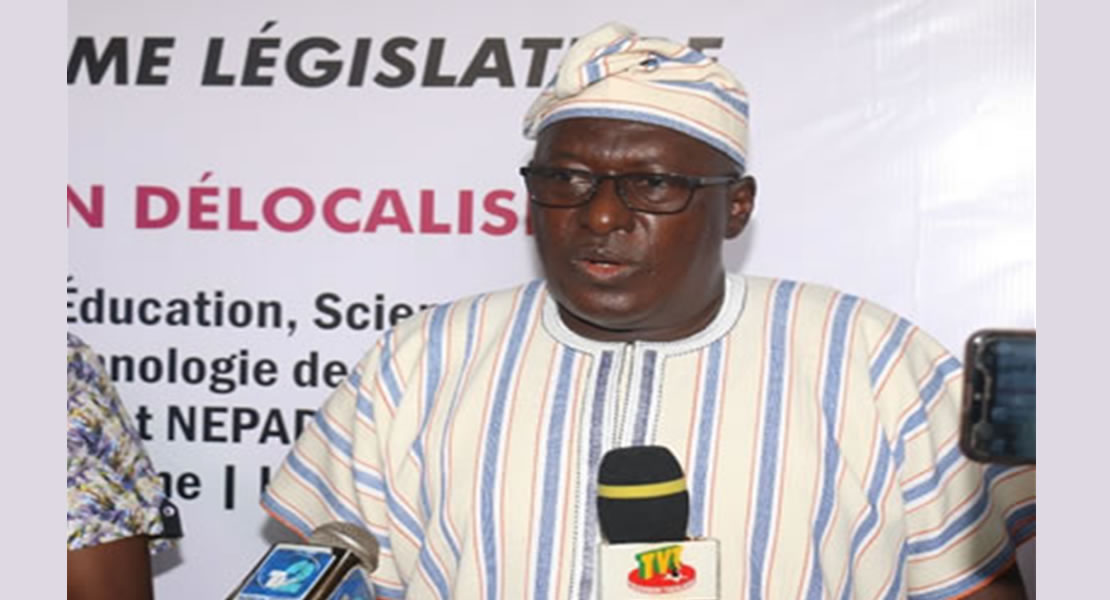
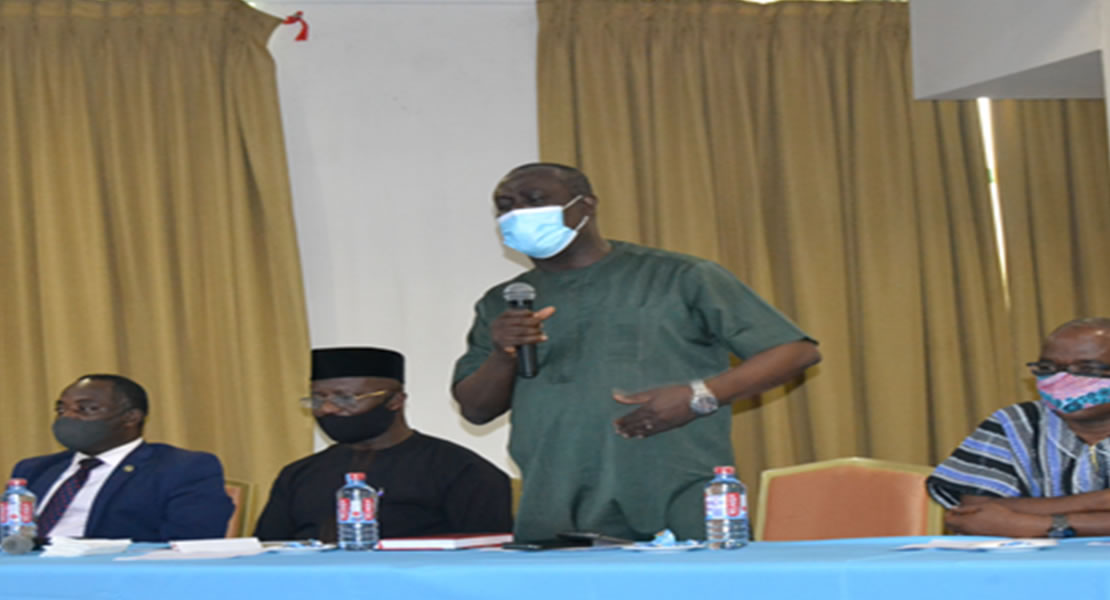
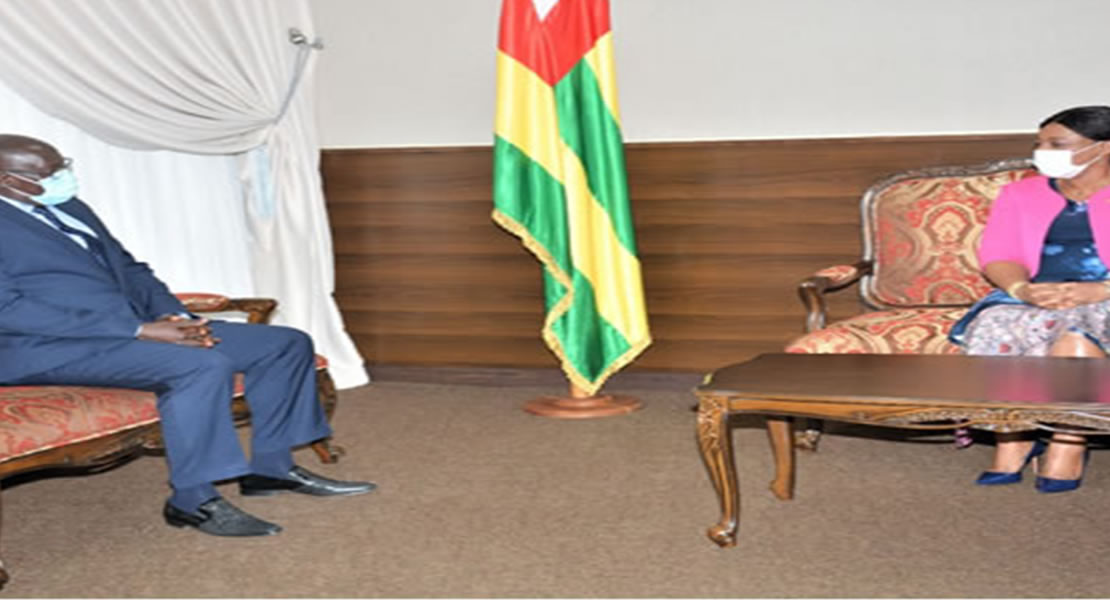

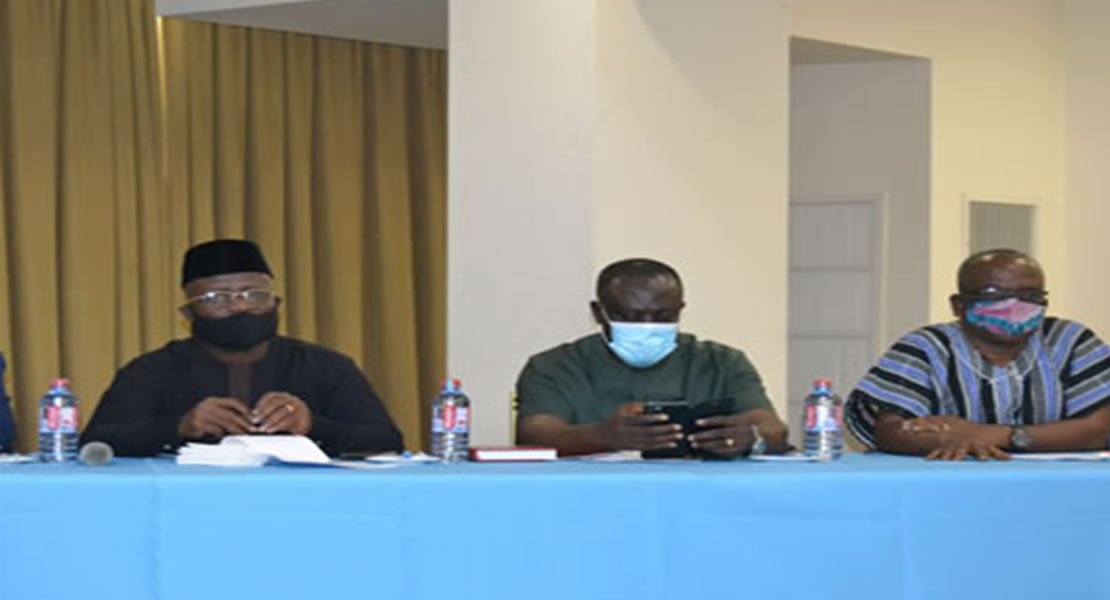
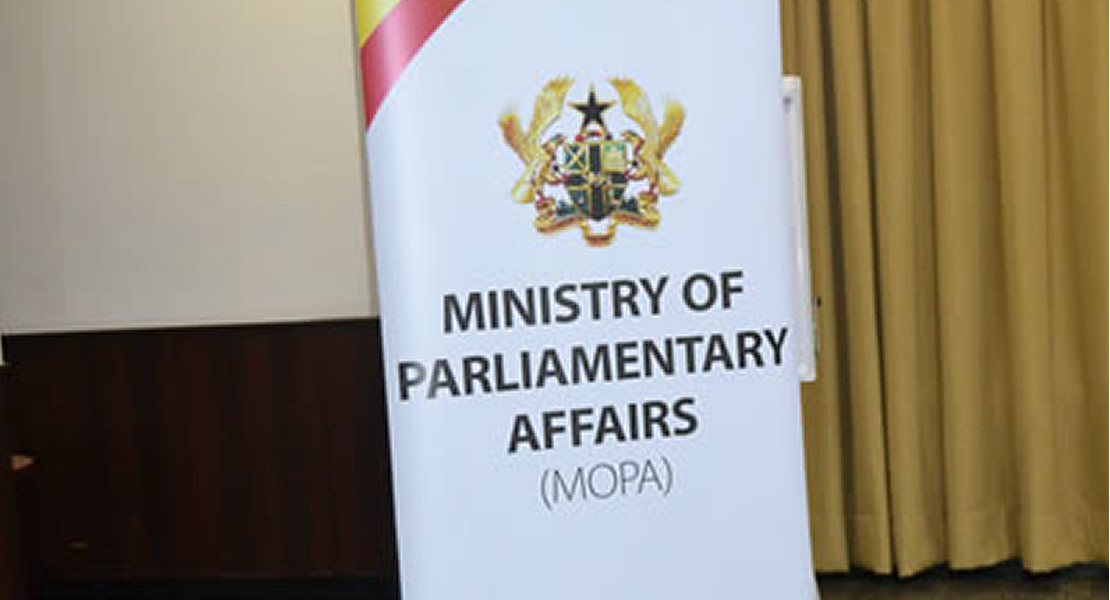 He further added that issues like moneytisation of Ghana’s politics had been discussed and the fact that, Parliament is losing experience lawmakers, and in addition bring security agencies and religious leaders together to talk is a lot of achievement.
He further added that issues like moneytisation of Ghana’s politics had been discussed and the fact that, Parliament is losing experience lawmakers, and in addition bring security agencies and religious leaders together to talk is a lot of achievement.